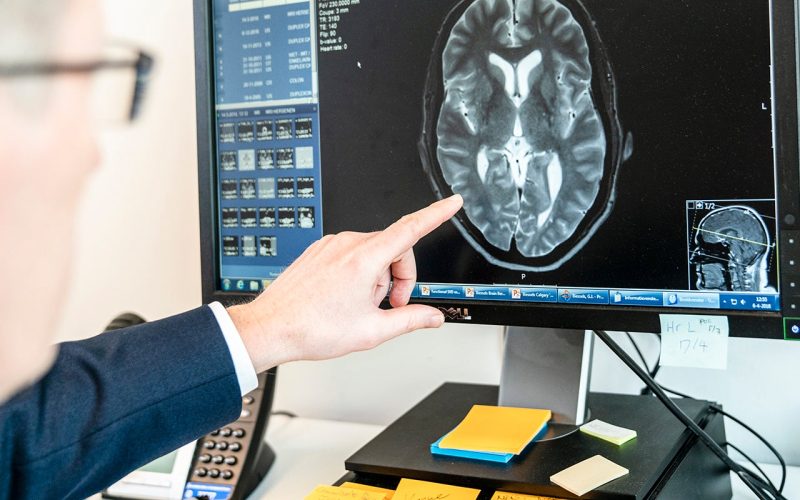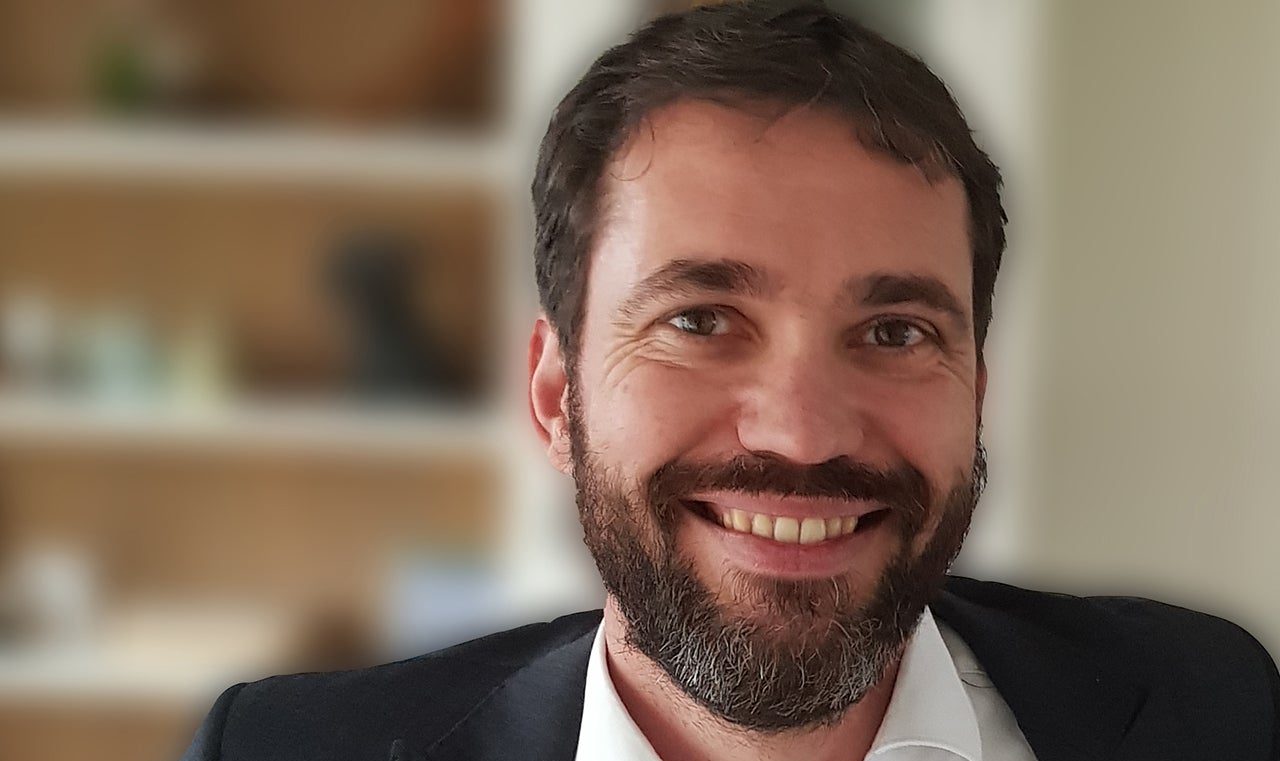A group of Dutch research institutions, companies and civil society partners, led by Jaco Zwanenburg of UMC Utrecht, has received a 4.5 million euro Perspective grant from the Netherlands Organization for Scientific Research (NWO). With that money, the so-called ‘CHIME consortium’ will develop new, advanced MRI techniques. The goal? To better visualize the brain processes that play a role in dementia, so that the development and testing of a possible treatment becomes more effective.
There are 55 million people worldwide with dementia, a brain disorder that can be caused by a variety of diseases, and so far cannot be cured. Often the processes that cause the disease begin decades before the first symptoms appear. An MRI scanner can image those processes. “The CHIME consortium will develop MRI techniques to recognize these early disease processes. That contributes to research into possible new treatments,” said UMC Utrecht research leader Jaco Zwanenburg. “In the long term, it also gives us more insight into the cause and development of dementia. And that in turn can help doctors to diagnose the disease more quickly, and to better treat and monitor patients.”
To achieve their goal, the researchers are developing MRI techniques that image three important, interrelated processes in the brain: changes in the brain’s blood flow, metabolic processes, and waste discharge. “In this way, we want to find so-called biomarkers that improve the diagnosis, prognosis and monitoring of dementia patients,” Jaco said. “Biomarkers are characteristics that we can measure and use to monitor or predict processes in the body. Often these are specific molecules or genes, but they can also be measurements with MRI.”
Research leader Jaco Zwanenburg
The biomarkers the researchers are looking for, and the new MRI techniques they will develop, are important for finding new drugs against dementia. This is because they make it possible to measure more accurately how the brain reacts to certain substances. “That helps pharmaceutical companies determine which patients respond best to new drugs, and quickly see if they are effective,” Jaco explains. “In this way, we hope to accelerate the development of new, more effective drugs against dementia.”
In the CHIME consortium, leading knowledge institutions, companies and societal partners join forces. The consortium includes the Erasmus Medical Center, Leiden University Medical Center, and UMC Utrecht, along with industrial partners Merck, Philips, Pie Medical Imaging, and WaveTronica. Social partners such as Alzheimer Nederland and the Brain Foundation are also contributing to the project. Jaco: “I am grateful to lead this wonderful consortium, and am confident that we will make important contributions to the fight against dementia.”
Perspective is a program of the Netherlands Organization for Scientific Research (NWO), funded by the Ministry of Economic Affairs. The program challenges researchers to form broad, cross-discipline consortia with industry, civil society organizations and governments for research focused on societal challenges and the key technologies. Together they work on technological innovations with societal impact and the creation of economic opportunities for the Netherlands. In doing so, the projects contribute to the Ministry of Economic Affairs’ Mission-Driven Top Sectors and Innovation Policy.

